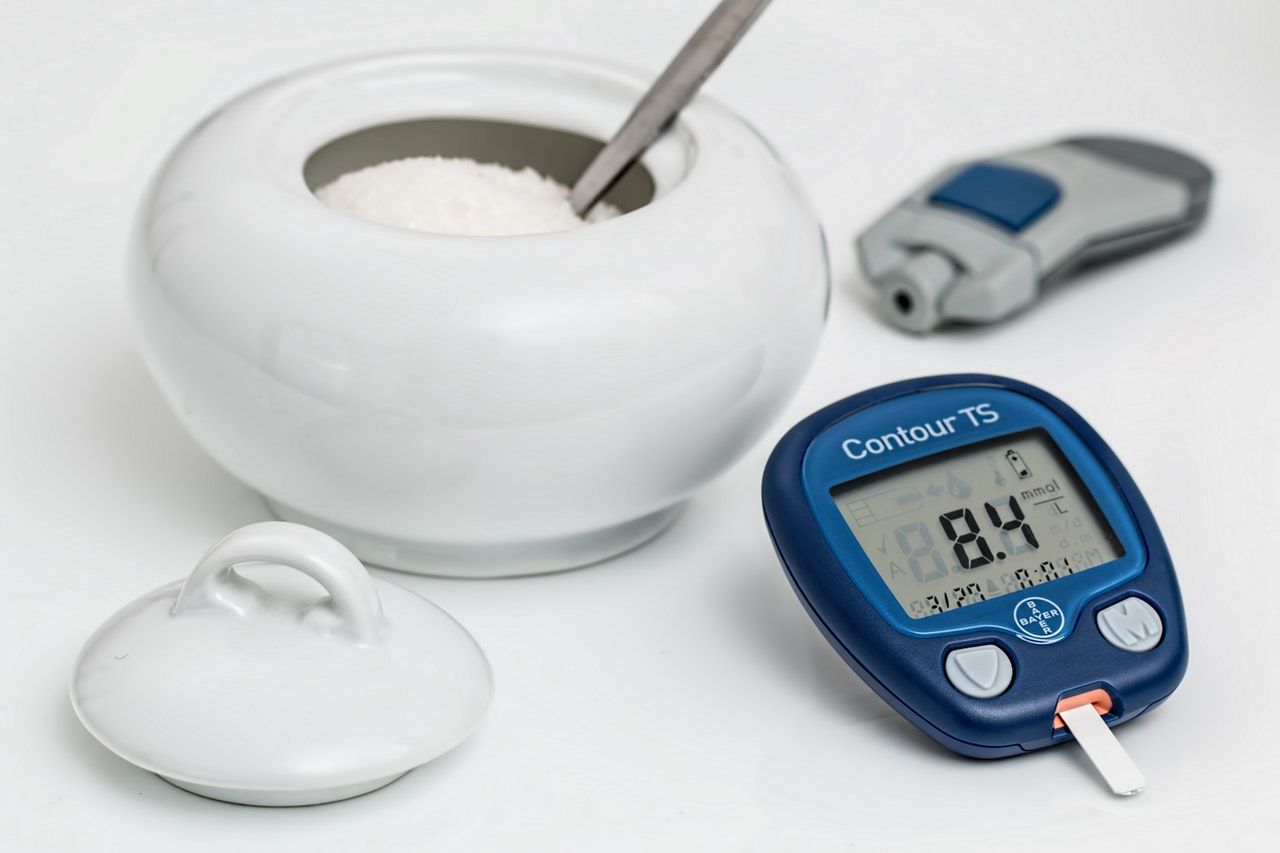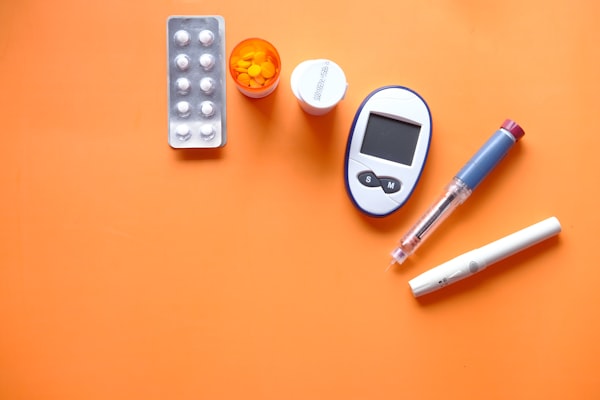Streamline Your Diabetes Management: 5 Online and Mobile Solutions to Explore
Table of Content
Managing diabetes effectively requires constant monitoring and lifestyle adjustments, and web apps have become increasingly valuable tools for this purpose. These Software as a Service (SaaS) platforms offer comprehensive features for diabetes management, providing numerous benefits to users.
Firstly, using web apps to manage diabetes allows for convenient and efficient tracking of important health metrics. Users can easily log and monitor their blood glucose levels, medication intake, food consumption, and physical activity all in one place. This centralized approach saves time and effort compared to traditional methods of manual tracking, making it easier to identify patterns and trends in the data.
Secondly, web apps provide real-time feedback and personalized insights to help users make informed decisions about their health. With advanced analytics and algorithms, these apps can analyze the data inputted by users and provide actionable recommendations.
For example, if a user's blood glucose levels are consistently high after a certain meal, the app may suggest adjusting the portion size or choosing alternative food options. This level of guidance and support empowers individuals to make proactive changes to improve their health outcomes.
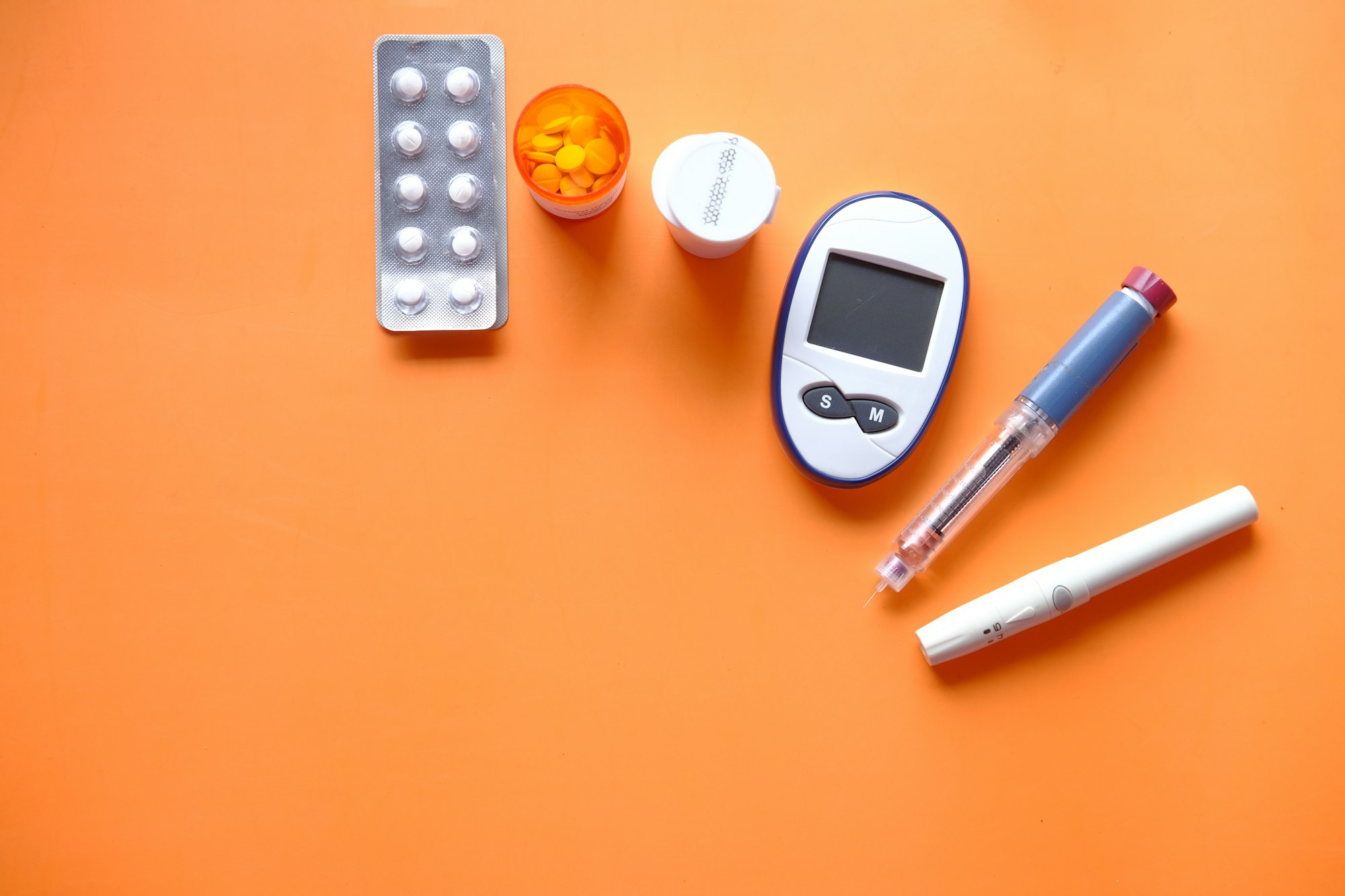
Lastly, web apps offer a platform for seamless collaboration and communication between users and healthcare providers. Many apps allow users to securely share their data with their doctors or diabetes care teams, enabling remote monitoring and timely interventions. This facilitates more effective and personalized care, as healthcare professionals can review the data and provide targeted guidance and adjustments to the treatment plan.
Below are some of the best diabetes management web apps, along with their features, pros, and cons:
1. MySugr
MySugr is an innovative digital health company that is dedicated to empowering individuals living with diabetes. Since its establishment in Vienna, Austria, in 2012, the company has successfully created a cutting-edge mobile health app that serves as a robust and all-encompassing diabetes management tool.
The MySugr app has been meticulously designed to meet the unique requirements of individuals with type 1, type 2, and gestational diabetes, offering them a highly intuitive platform to effortlessly monitor and effectively manage every aspect of their condition.
App Features:
- Logbook for blood sugar levels, meals, and insulin use.
- Automatic syncing with various blood glucose meters.
- Personalized reports and insights.
Pros:
- User-friendly interface.
- Gamification elements make it engaging.
- Good for tracking trends over time.
Cons:
- Some advanced features require a subscription.
- Limited meal tracking capabilities.

2. Glucose Buddy
Glucose Buddy is a diabetes management app that helps individuals monitor and manage their diabetes by tracking blood glucose levels, carbohydrate intake, medication, and physical activity. It aims to improve overall health outcomes for users with various types of diabetes.
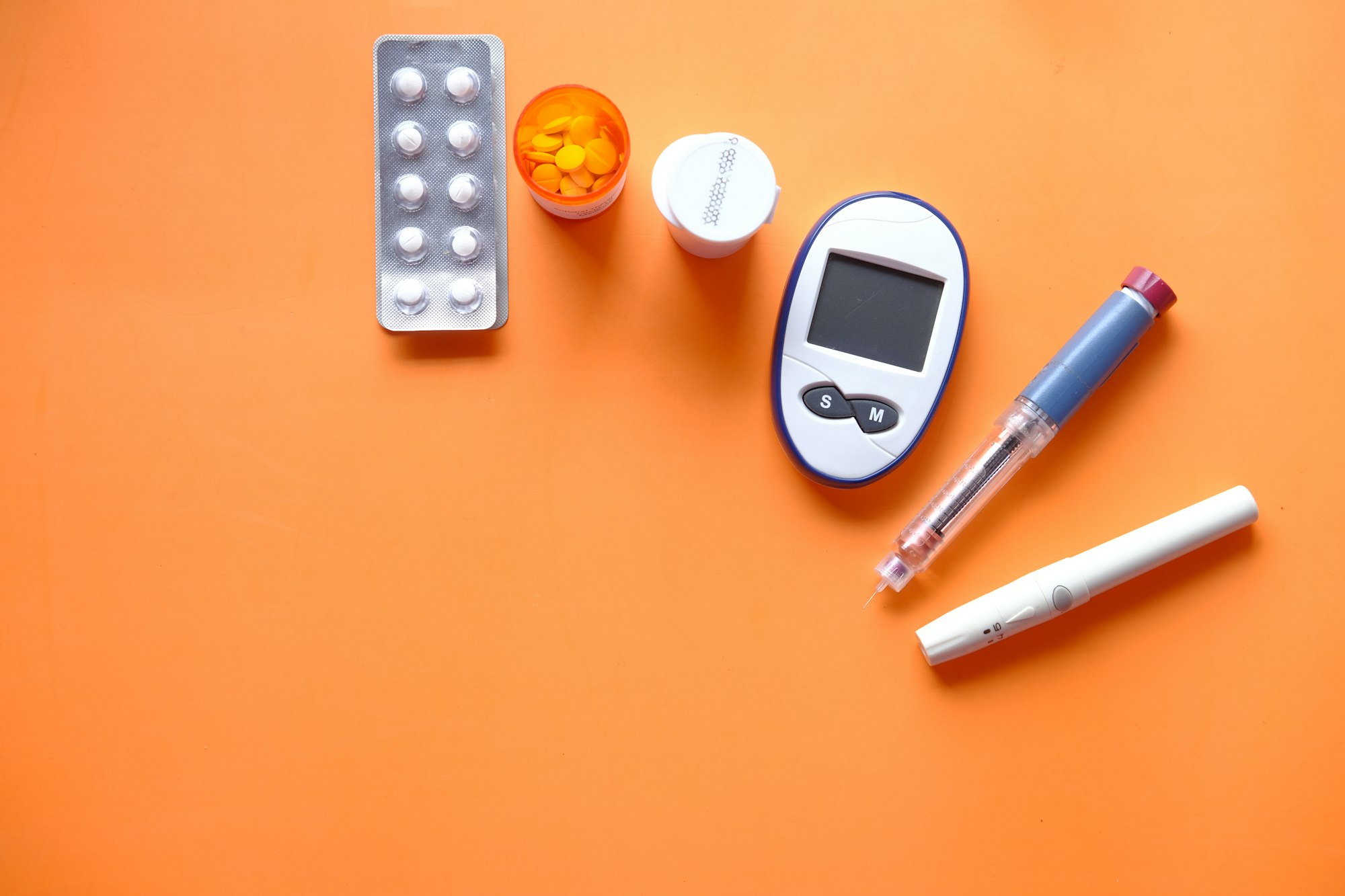
Glucose Buddy's comprehensive approach to diabetes management makes it a valuable tool for individuals looking to take an active role in controlling their condition. By providing detailed tracking capabilities, integration with medical devices, and actionable insights, Glucose Buddy helps users achieve better glycemic control, which is critical in reducing the risk of diabetes-related complications.
Features:
- Blood sugar level tracking.
- Carb counting and medication logging.
- Activity Tracking
- Integration with Apple Health and other fitness apps.
- Reports and Analysis
Pros:
- Comprehensive logging features.
- Supports data export for doctor visits.
- Offers reminders for medication and testing.
- Apps for Android and iOS.
Cons:
- The app can be complex for beginners.
- Some features are locked behind a paywall.
.svg)
3. DiaSend
DiaSend is a digital health solution that simplifies the management and sharing of diabetes data. It provides a platform for uploading, storing, and sharing data from various diabetes devices, improving diabetes management and communication between patients and healthcare providers.
DiaSend merged with our next recommendation Glooko.
Features:
- Uploads data from more than 140 devices including glucose meters, pumps, and CGMs.
- Generates detailed reports.
- Allows sharing data with healthcare providers.
Pros:
- Supports a wide range of devices.
- Easy data upload
- HIPAA compliant
- Ideal for in-depth data analysis.
- Easy sharing of information with doctors.
Cons:
- The interface may be less intuitive compared to other apps.
- Requires devices that are compatible with the platform.
4. Glooko
Glooko's platform confidently supports data synchronization from more than 190 diabetes devices and fitness trackers, empowering users to effortlessly upload and consolidate their health data in one convenient location. This extensive compatibility guarantees that the majority of users can seamlessly integrate their current devices with the Glooko system.
Features:
- Syncs with numerous diabetes devices and fitness trackers.
- Carb counting and lifestyle tracking.
- Generates easy-to-interpret charts and graphs.
Pros:
- Robust data syncing capabilities.
- Comprehensive data analysis tools.
- Useful for both type 1 and type 2 diabetes management.
Cons:
- Some users may find the interface overwhelming.
- The full range of features requires a subscription.
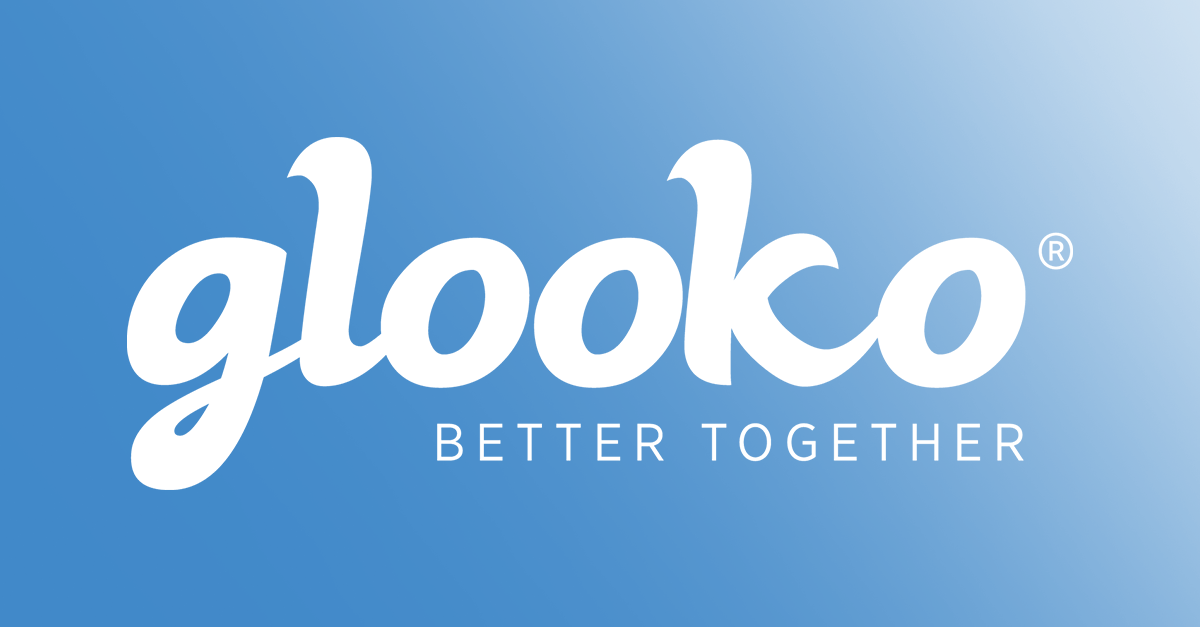
5. One Drop
One Drop is a digital health company that offers a platform for managing chronic conditions like diabetes and high blood pressure. Launched in 2015, One Drop combines a mobile app, a Bluetooth-enabled blood glucose meter, and personalized health coaching. The platform uses data analytics and user-friendly technology to help users make better health decisions, improve outcomes, and reduce healthcare costs.
Key features of One Drop include a mobile app for tracking health metrics like blood glucose levels, medication intake, food consumption, and physical activity. The app provides a seamless user experience and syncs with a compact Bluetooth-enabled blood glucose meter for real-time tracking and feedback.
Users also have access to personalized health coaching from certified professionals. These coaches offer tailored advice and support to help users achieve their health goals.
Features:
- Tracks blood glucose, medication, food, and activity.
- Personalized coaching and insights.
- Integration with Apple Health, Fitbit, and Google Fit.
Pros:
- Sleek, modern interface.
- AI-driven predictions and insights.
- Access to a human coach for personalized advice.
- Apps for iOS and Android devices.
Cons:
- Monthly subscription for premium features.
- Limited device syncing compared to other platforms.
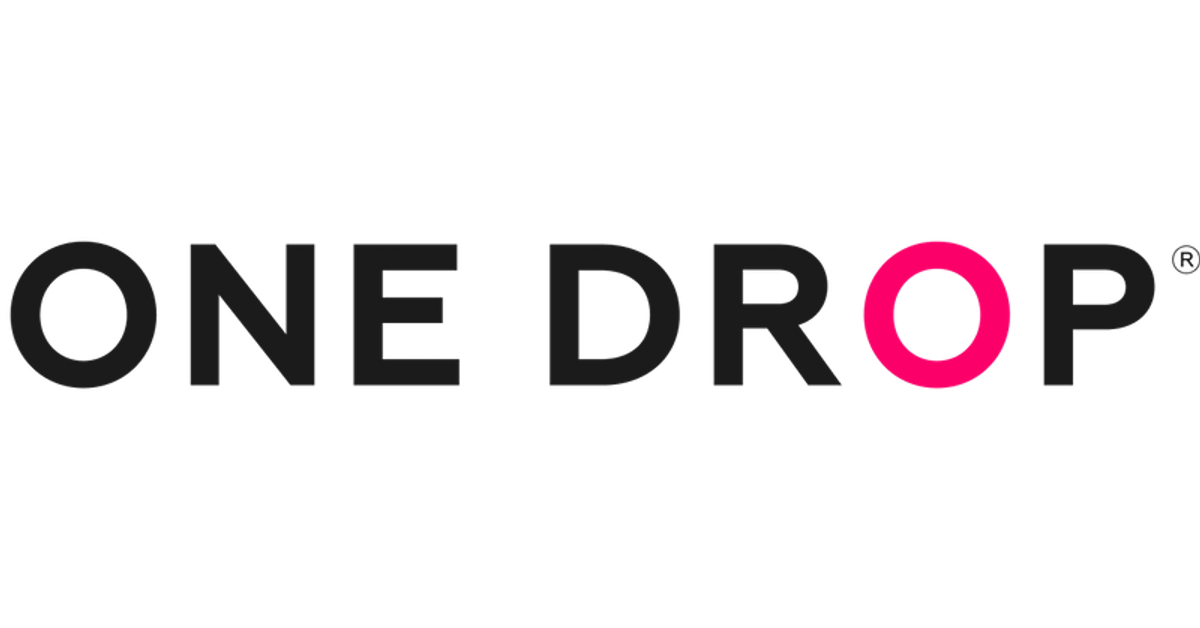
Conclusion
When choosing a diabetes management app, consider factors like compatibility with your monitoring devices, the level of detail you need in tracking and reporting, and the ease of use.
While some apps offer advanced data analytics and integration, others focus on simplicity and basic tracking. The best app for you will depend on your specific needs and how you manage your diabetes.
Always consult with a healthcare professional when integrating new tools into your healthcare regimen.
